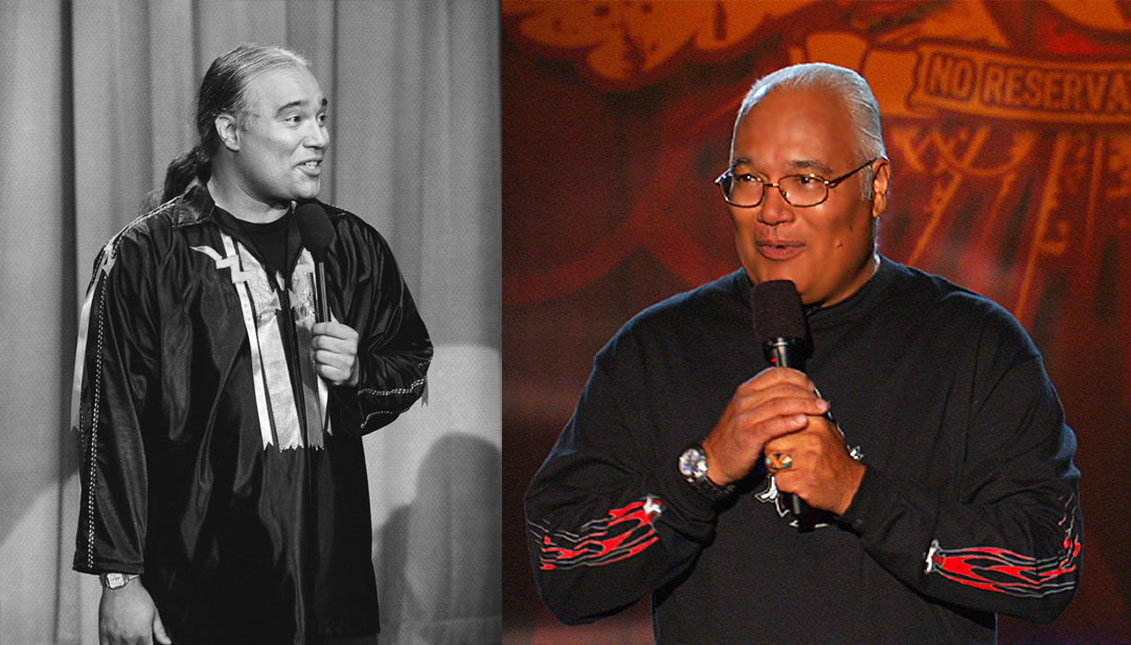
"We've got a real estate problem": The story of Native American comedians you've never been told about
By the way, is there such a thing as "BIPOC comedy"?
"My name is Charlie Hill and I've learned that I'm an Indian from here, from New York, not Wisconsin... a little real estate problem," was how the Native American comedian began his performance on a 1985 David Letterman show.
No wonder that when the stand-up historian and comedian Kliph Nesteroff wrote his book on the little-known history of Native American comedians, he titled it with the same joke: We Had a Little Real Estate Problem: The Unheralded Story of Native Americans & Comedy.
Charlie Hill was not only the first Native American comedian to appear on the popular Tonight Show, but also a symbol of how a sense of humor can and should also be decolonized.
"What Eddie Murphy was in the 1980s for young Black comedians, is what Charlie Hill did for new young Native comedians in the last 15 years," Nesteroff told NYT.
A contemporary of Letterman and Jay Leno on the stand-up scene in Los Angeles in the 1970s, Hill became one of the few truly famous Native comedians to hit Hollywood stereotypes and portray pilgrim fathers as "illegals" with his jokes. It's something he did brilliantly for three decades.
Nesteroff's book, whose ability to rescue the most forgotten stories of show business and do it with humor took him off the stage to give him the title of "historian," also sheds light on other comedians and their contradictions. It is one of the most interesting points of the book — if you've ever heard that stand-up comedians make everyone laugh but themselves, you know what we're talking about.
Take, for example, Will Rogers, the father of topical political comedy, who pioneered making jokes about a president in public, but who few know had Cherokee roots.
RELATED CONTENT
Rogers was depressive, moody and uncensored — not even when he made racist jokes about African-Americans, such as the one in 1934 that provoked a scandal with denunciations, protests and boycotts of him.
Nesteroff says that Will Rogers only recanted a year before he died in a plane crash.
"That story was erased from the history books," the author told journalist Jason Zinoman.
The 40-year-old writer and comedian, perhaps one of the most daring collectors of unknown stories, not only brings up the past in his book, he also allows the reader to understand that history is often a loop that keeps repeating itself.
For example, the role of natives in Hollywood films, which boasts of its diversity, remains scarce and often prejudiced. While there are many more indigenous comedians today than in the past, such as the members of the 1491 collective, they are barely known in contrast to many white comedians.
In short, it is a sometimes hilarious and very surprising account of the backstage of comedy and its heroes, where criticism of racism and anecdotes intertwine to make readers think about the mechanisms of laughter and how history has sometimes wiped it off our faces.












LEAVE A COMMENT: